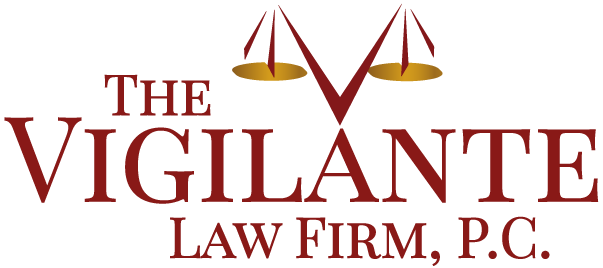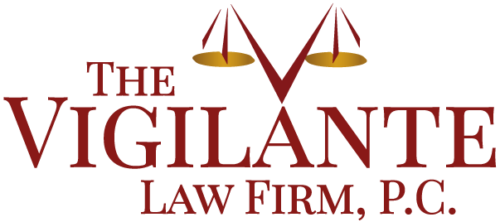
As an employee contributing to the United States workforce, you must understand the federal and state employment laws set to protect you. One of the most notable laws that may, more likely than not, apply to you is the Fair Labor Standards Act by the United States Department of Labor’s Wage and Hour Division. Follow along to find out whether you are covered under the Fair Labor Standards Act and how a proficient Gloucester County wage and hour lawyer at The Vigilante Law Firm, P.C. can help you get the protection you deserve.
What is the Fair Labor Standards Act?
Generally speaking, the Fair Labor Standards Act establishes minimum wage, overtime pay, recordkeeping, and youth employment standards. More specifically, these standards read as follows:
- The standards for minimum wage: certain employees must receive the federal minimum wage of $7.25 per hour; or more likely the state of New Jersey’s higher minimum wage of $15.13 per hour.
- The standards for overtime pay: certain employees must receive overtime pay for hours worked exceeding the traditional 40-hour workweek; likely at a rate of one and one-half the times their regular pay rate.
- The standards for recordkeeping: certain employers must execute their due diligence in keeping updated time and pay records for certain employees.
- The standards for youth employment: certain employers must not hire individuals younger than 14 for certain non-agricultural jobs; must restrict hours for individuals younger than 16; and must not hire individuals younger than 18 for certain hazardous jobs.
What employees are covered under the Fair Labor Standards Act?
Most notably, the standards set in the Fair Labor Standards Act apply to over 143 million employees in the United States workforce. Even though this coverage is vast, you cannot assume you are a part of this statistic. That is, you must confirm your eligibility for enterprise coverage or individual coverage under this Act.
On the one hand, enterprise coverage applies to employees who work for certain businesses or organizations (i.e., enterprises). Specifically, a qualifying enterprise must have at least two employees and produce a sales or business volume of at least $500,000. Or, it must be considered a hospital, school, government agency, etc.
On the other hand, individual coverage applies to employees whose work typically integrates them in commerce between United States states (i.e., intestate commerce). Specific examples of such qualified employees are those who produce goods sent out to different states; make regular phone calls to enterprises in different states; travel to different states for business meetings; and more. Or, employees in the domestic service industry (i.e., full-time housekeepers, full-time home health nurses, etc).
If you do not believe you are covered under this Act, you may rest easier knowing that you may seek workplace protections in other ways. To learn more about your legal rights as a productive employee in the United States workforce, please pick up the phone and call one of the talented New Jersey employment lawyers from The Vigilante Law Firm, P.C. We look forward to hearing from you.


